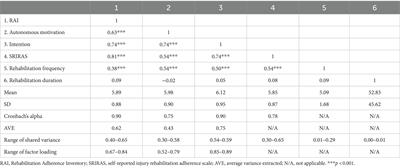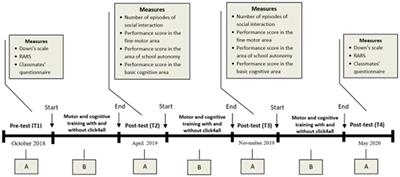ORIGINAL RESEARCH
Published on 12 Apr 2024
Tracking and predicting the treatment adherence of patients under rehabilitation: a three-wave longitudinal validation study for the Rehabilitation Adherence Inventory
doi 10.3389/fpsyg.2024.1284745
- 2,973 views
- 5 citations


